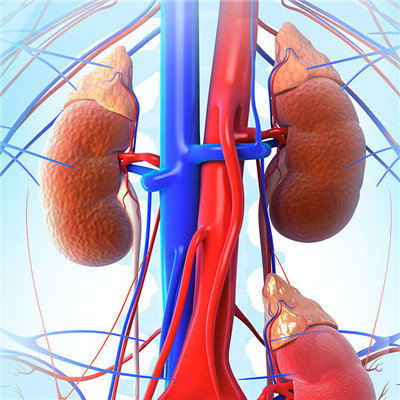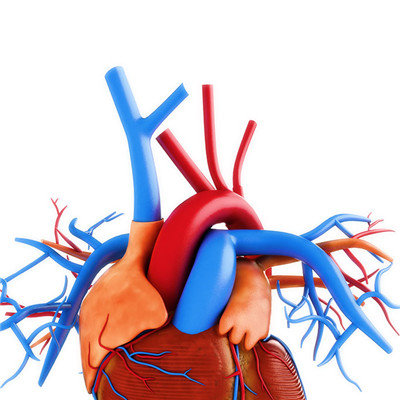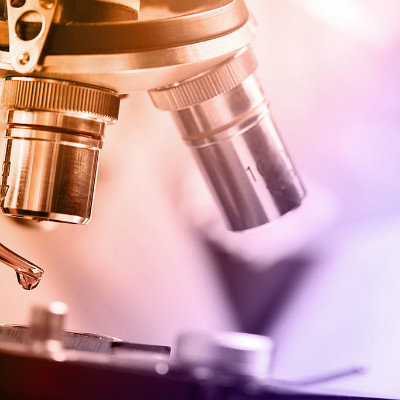How is affective mood disorder caused?
summary
With the progress of science and technology, people have a deep and scientific understanding of the etiology of mood disorders. Especially in the past 20 years, scientists around the world have done a lot of research on the etiology of mood disorders from the aspects of biological factors (including genetic factors, quality factors, physical factors, physiology, pathology, biochemistry, etc.) and psychosocial factors, Accumulated a lot of valuable information, specifically in the pathogenesis. How is affective mood disorder caused? Let me show you.
How is affective mood disorder caused?
According to the catecholamine theory of affective disorder, "the occurrence of depression is related to the absolute or relative deficiency of catecholamine, especially NE in important brain regions, while mania is related to excessive catecholamine." van Praag HM et al. (1970) found that the content of 5-HIAA in cerebrospinal fluid of patients with depression is low, Therefore, Copen a et al. (1972) proposed that abnormal 5-HT function was associated with depression and suicidal behavior. Prange a et al. Proposed the theory of synthesizing these two neurotransmitter systems according to the research on NE and 5-HT system. They believed that the low 5-HT system provided the basis for the emotional disorder caused by the change of NE function. On the basis of the low 5-HT function, depression appeared in the low ne function, NE hyperfunction is manic.

Neuroendocrine hypothalamus is the center of neuroendocrine function regulation, and hypothalamus itself is regulated by different neurotransmitter systems, such as monoamine neurotransmitters. Therefore, the abnormal neuroendocrine function in patients with affective disorder may mainly reflect the abnormal function of monoamine neurotransmitter system, such as traditional antipsychotics, It can block the function of nodule infundibulum dopamine and increase the level of prolactin in patients. Theoretically, a certain neuroendocrine function change may be the cause of emotional disorder, and more likely a manifestation of basic brain dysfunction.

There are two types of receptors in cortical cells. Type I receptor, also known as mineralocorticoid receptor, has high affinity for cortisone in blood, which is related to the maintenance of circadian rhythm. Type II receptor, also known as glucocorticoid receptor, has low affinity for cortisone, It is related to the negative feedback regulation of cortisone and dexamethasone. When depressive episode occurs, the function of corticosteroid receptor will be changed, which weakens the effect of glucocorticoid. Therefore, the negative feedback regulation function of HPA axis will be cut off, and the function of HPA axis will remain active for a long time, The change of receptor function can also explain why depression patients do not have the physical signs seen in patients with adrenocortical hyperfunction.

matters needing attention
Neuroimmunology research in recent decades has found that the human immune system and the central nervous system have two-way regulatory role, and the endocrine system plays a bridge role. Because there are many factors affecting endocrine, nervous system activities and even immune function, we need to pay attention to the following two points when we understand the relationship between them and emotional disorders: first of all, There is a close mutual regulation between immune function and endocrine function, so mental disorders or life events that affect endocrine function may affect immune function, which must be fully considered in the treatment of somatic diseases, especially infections and emotional disorders associated with tumors. Moreover, due to the reverse regulation of immune function on nerve and endocrine system function, the immune function has a negative effect on the immune function, Therefore, immunomodulators such as cytokines and immunological processes may affect the function of nervous system and endocrine system, and then play an important role in the pathophysiological process of mental disorders. Generally speaking, the changes of immune function accompanied by emotional disorders may not only affect the physiological function of patients, but also cause the formation or delay of emotional disorders.















